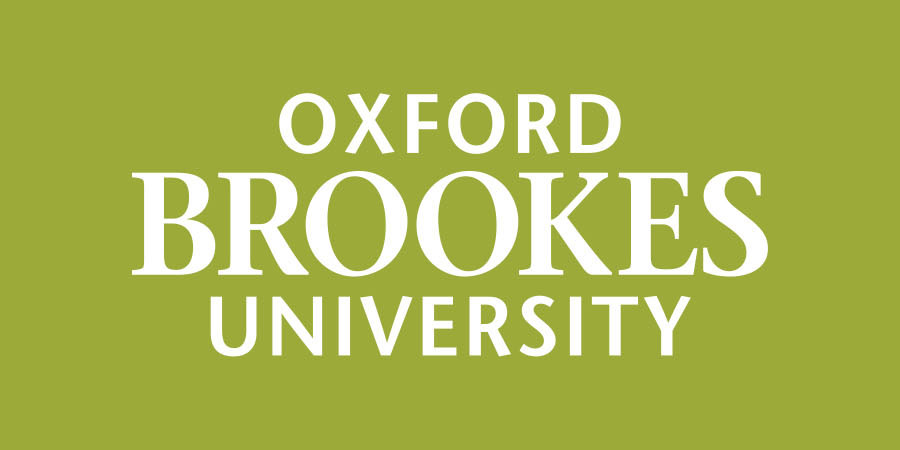Nigel Groome Studentship: Cancer-associated Cellular Glycosylation: Its Regulation and Functional Significance
Oxford Brookes University - Faculty of Health and Life Sciences - School of Biological and Medical Sciences
| Qualification Type: | PhD |
|---|---|
| Location: | Oxford |
| Funding for: | UK Students, EU Students, International Students |
| Funding amount: | £19,237 |
| Hours: | Full Time |
| Placed On: | 3rd December 2024 |
|---|---|
| Closes: | 17th January 2025 |
3 Year, full-time funded PhD Studentship
Eligibility: Home UK/EU and International applicants
Bursary p.a.: Bursary equivalent to UKRI national minimum stipend plus fees (current 2024/25 bursary rate is £19,237)
Fees and Bench fees: will be met by the University for the 3 years of the funded Studentship. Visa and associated costs are not funded. International applicants can visit https://www.brookes.ac.uk/students/isat/ for further information
Closing date: Friday 17th January 2025 – Midday
Start Date: September / October 2025
Project Title: Nigel Groome Studentship: Cancer-associated cellular glycosylation: its regulation and functional significance
Requirements:
Applicants should have a first or upper second-class honours degree from a Higher Education Institution in the UK or acceptable equivalent qualification. EU Applicants must have a valid IELTS Academic test certificate (or equivalent) with an overall minimum score of 6.5 to 7.0 and no score below 6.0 issued in the last 2 years by an approved test centre.
The studentship requires you to undertake the equivalent of up to 6 hrs teaching per week on average, during semester time, and to include preparation and marking (but no more than 20 hrs per week), and to participate in a teaching skills course without further remuneration.
Project Description:
Cancer cells synthesise very simple, truncated sugar chains (glycans) on their proteins compared to normal cells. These are associated with metastasis (the spread of the cancer to distant sites) and poor prognosis in cancer patients. Differently glycosylated cells look morphologically distinct and behave differently in functional assays; some are rounded and adhesive to the cells that line blood vessels, implying that they may be involved in capture of circulating cancer cells from the bloodstream, while others are spindly, motile and invasive, implying that they may lead tissue invasion. This is reminiscent of epithelial-mesenchymal transition (EMT), a process that normal cells use in embryogenesis, tissue remodelling and wound healing. This project will determine the glycosylation pathways that regulate synthesis of cancer-associated truncated glycans, and investigate their functional significance in metastasis, including adhesion and invasion, associated with EMT.
This project will involve flow cytometry and confocal microscopy to characterise the glycosylation profiles of cancer cells and thereby identify the glycosylation pathways involved; qPCR and western blotting will be used to explore levels of expression of relevant glycosylation genes; the glycosylation pathways will be disrupted by knockdown of key genes, and then in vitro assays of cell adhesion and invasion will be employed to assess how this influences cancer cell behaviour associated with EMT gene signatures.
Application process: Please click on the above ‘Apply’ button.
Contact hls-applications@brookes.ac.uk with any queries.
Director of Studies: Professor Susan Brooks
Supervisors: Dr Ryan Pink, Dr Priya Samuel
Project Contact: Professor Susan Brooks: sbrooks@brookes.ac.uk
Contact hls-applications@brookes.ac.uk with any queries.
This project is advertised on a competitive basis alongside other current Nigel Groome PhD studentship advertisements for School of Biological and Medical Sciences projects. Part time MPhil/PhD study will be exceptionally considered.
Advert information
Type / Role:
Subject Area(s):
Location(s):









